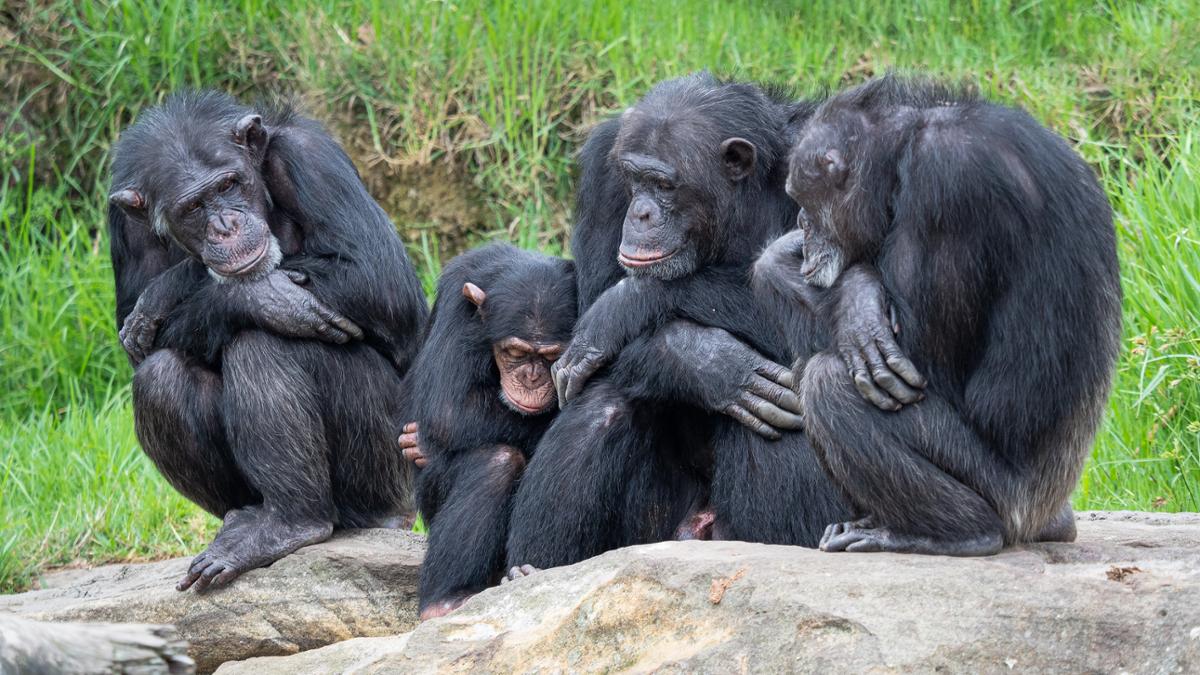We don’t usually think of friends in terms of what advantages they give us, although, if asked, most people would probably say that their friends add a lot to their lives. Scientists view friendship among animals in slightly starker terms: if strong social bonds exist between animals, it probably means such ties directly benefit the animals in some way. A team of researchers set out to find out whether the benefit of friendship between male chimpanzees may be to further a goal that many animals share—more offspring.
To do that, they examined genetic and behavioral data of a group of chimpanzees in Tanzania. They found that males who had a larger number of social ties with other males did tend to have more offspring. Males with at least two social ties to other males were over 50% more likely than other males in the dataset to have had any given offspring.
Previous research has shown that animals that form more coalitions—two or more individuals join to act aggressively towards a third—rise in rank and have more offspring. The team thinks that males who form more social bonds may be more likely to form coalitions, which could be why they’re also observed to have more reproductive success. The team also looked at what effect social ties to an alpha male had, and found that friendship with an alpha male also increased a male chimp’s chance of having an offspring.
What’s interesting is that social bonds with either multiple males or with an alpha male can lead to reproductive success. Male chimps don’t necessarily have to have friends in high places, they just need to have friends.










